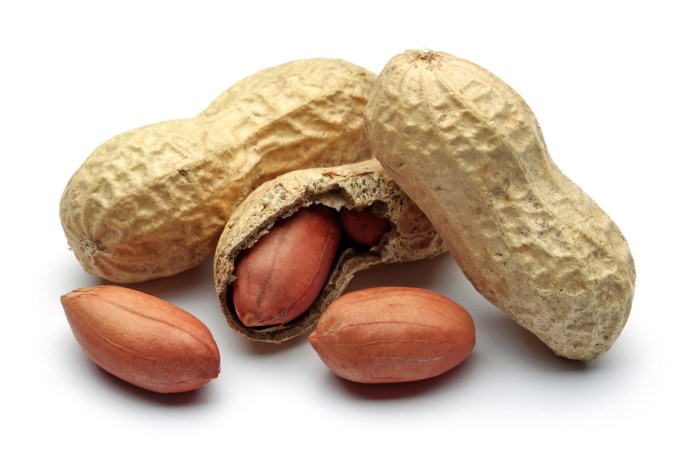We might be in the throes of the holiday season now, but in a couple of weeks many of us will switch from a steady diet of candy, cookies and alcohol to something a little more healthy — at least for a few weeks.
Going on a “diet” might seem like punishment for some of us, but there’s another option that’s quickly growing in popularity: fasting.
What is fasting? What is intermittent fasting?
Fasting, by definition, means going without food or drink for an extended period of time — typically hours or days. It’s practiced in various religions, including during the month of Ramadan for Muslims.
However, it’s gaining more of a following outside religious circles for its health benefits. Known as intermittent fasting, it cycles around an “eating window,” or a period of time when people can eat, anywhere between two and 12 hours a day. One popular fasting diet — the 5:2 — involves eating normally for five days a week, then fasting for the other two. Some people who follow that plan eat a limit of 500 calories on their fasting days; the most hardcore go without food completely.
How intermittent fasting helps you lose weight
Mark Mattson, chief of the laboratory of neurosciences at the National Institute of Aging, says that intermittent fasting requires the body to switch from using glucose in the liver as an energy source to fat cells.
“The body runs off of the liver’s energy stores for about 10 to 14 hours in humans,” Mattson said, according to the Daily Mail. ‘When those stores are out, human, as well as animal bodies switch to fat stores, which are converted into compounds called ketones in the blood.”
‘People who eat three meals a day but have an overall relatively low calorie intake — between 1,800 and 2,000 every time they eat a meal — replenish their liver energy stores,” he continued. “So they may go six hours between meals, but that’s not enough to elevate ketones.”
The science seems to back it up: A 2014 study found that intermittent fasting reduced body weight between three and eight percent over a period of three to 24 weeks. People also lost between five and seven percent of their waist circumference, meaning they also lost belly fat.
Intermittent fasting is also shown to help reduce inflammation, even out blood sugar and possibly prevent liver damage, but it’s not always effective for women.
Can fasting make you smarter?
It’s possible.
A recent study conducted by Mattson and his team found that mice fed only every other day had improved cognitive function.
“Ketones act directly on the nerve cells to stimulate production of BDNF,” he says. BDNF is a protein that helps neuron growth and “may help optimize cognition, learning and memory building.”
The mice were also more alert during their fasting diets — and Mattson thinks it might be a survival mechanism.
“One would assume that in evolution, individuals whose brains did not function well in fasting state were likely not to survive,” said Mattson. “So, we evolved to eat intermittently, and it’s important that the brain function well — perhaps even optimally — when we haven’t been able to eat for an extended time period.”
Mattson admits that most humans probably wouldn’t follow this extreme type of diet, but that the 5:2 is similar. He’s currently studying how 5:2 plan might be beneficial to obese people.
Is fasting better than dieting?
The fasting vs. dieting debate likely comes down to what you’ll stick to: A restricted-calorie diet or or a restricted eating period. Ultimately, both seem to boil down to the same thing: calories in vs. calories out. Intermittent fasting can help you lose weight simply because you don’t have as many hours to eat calories in during the day.

























